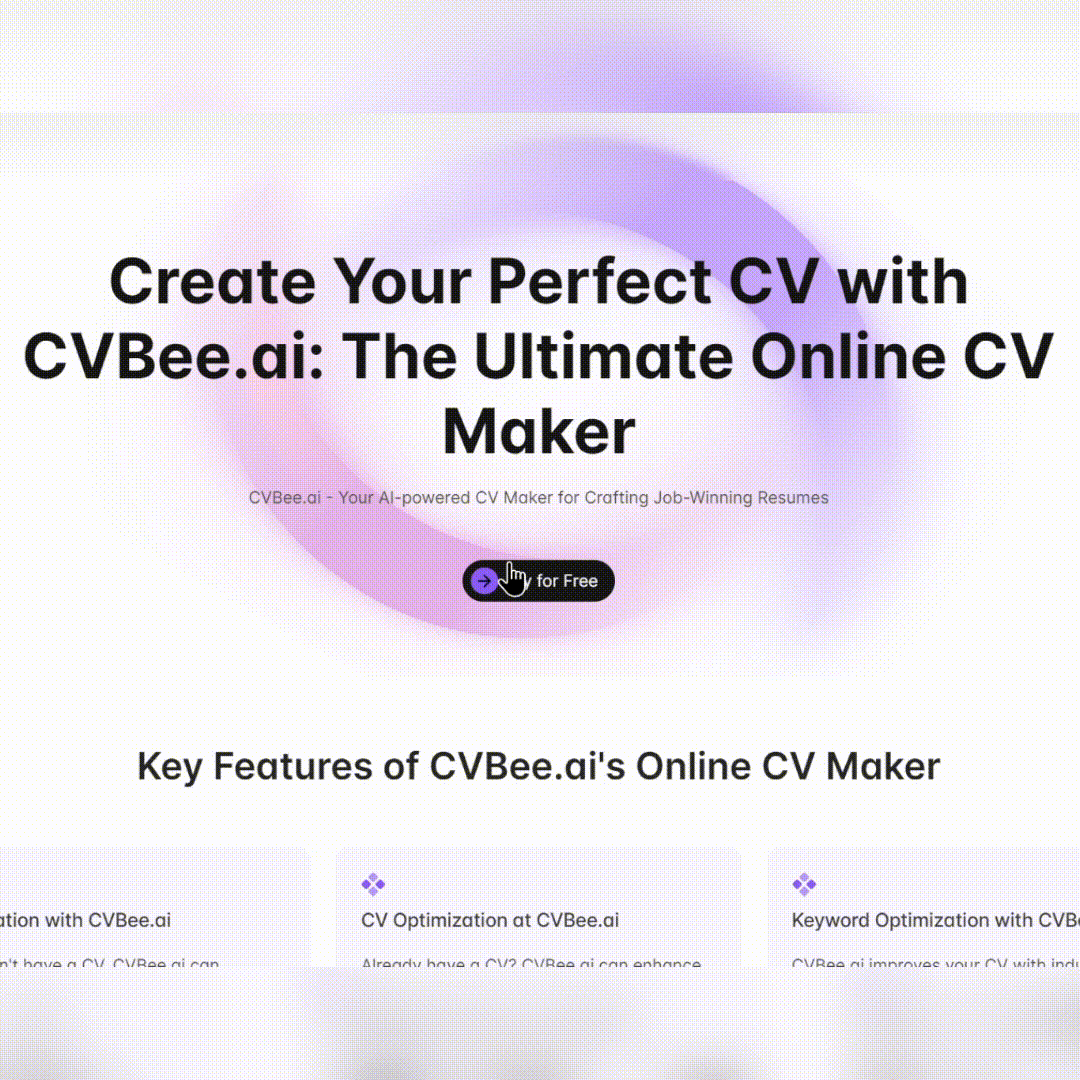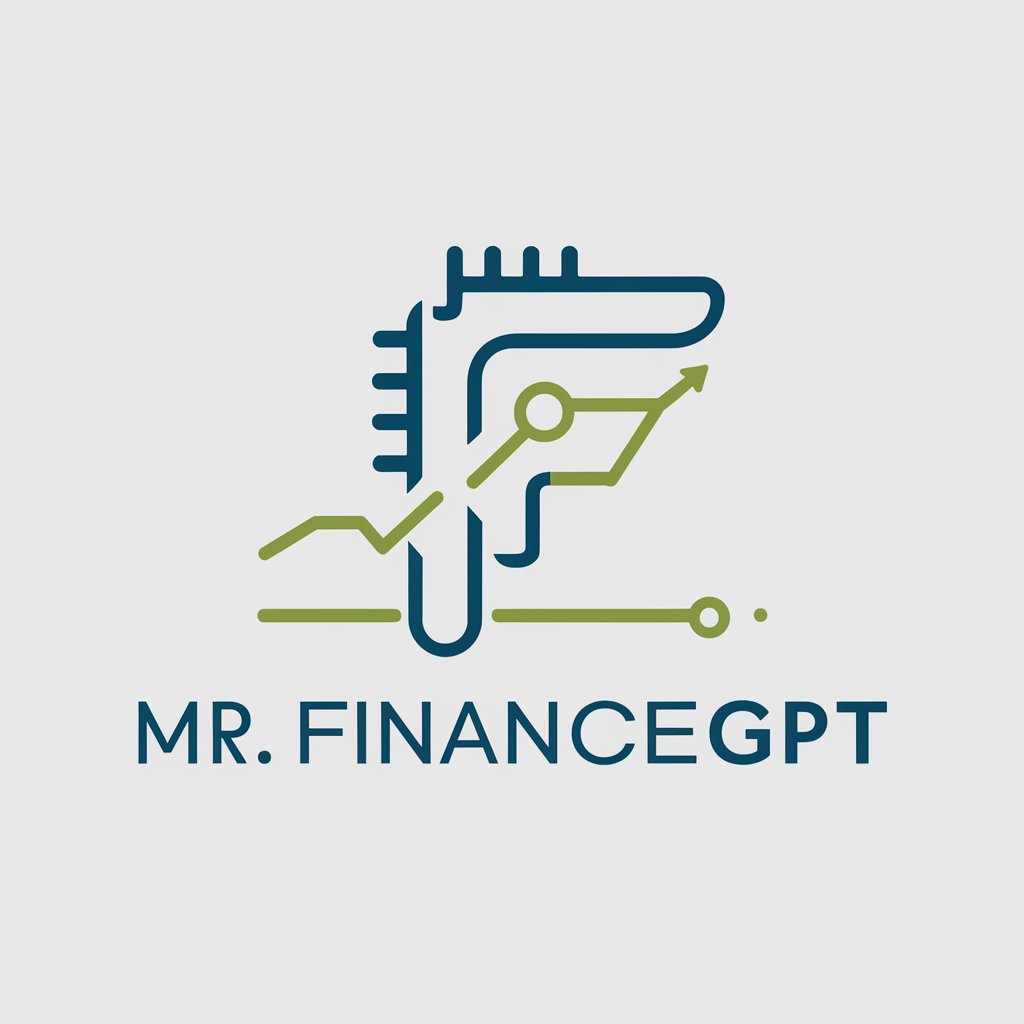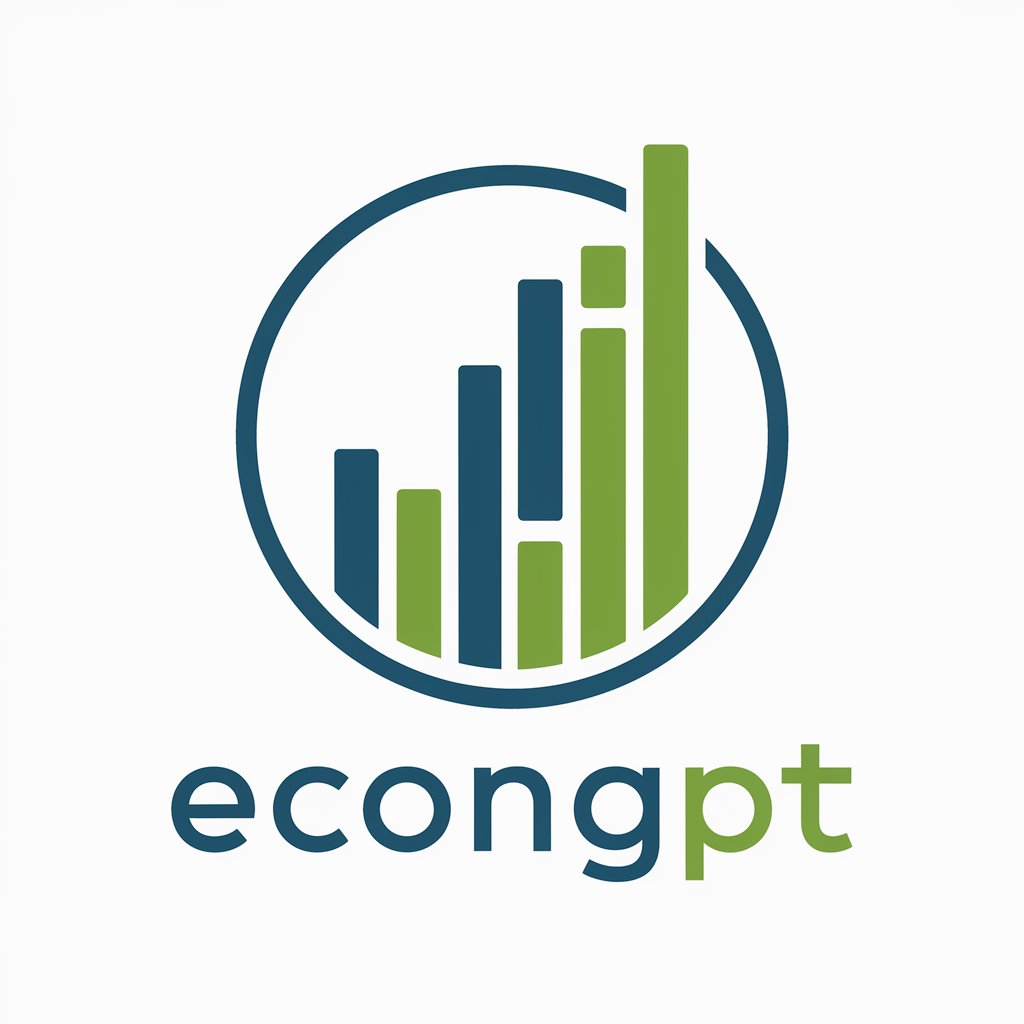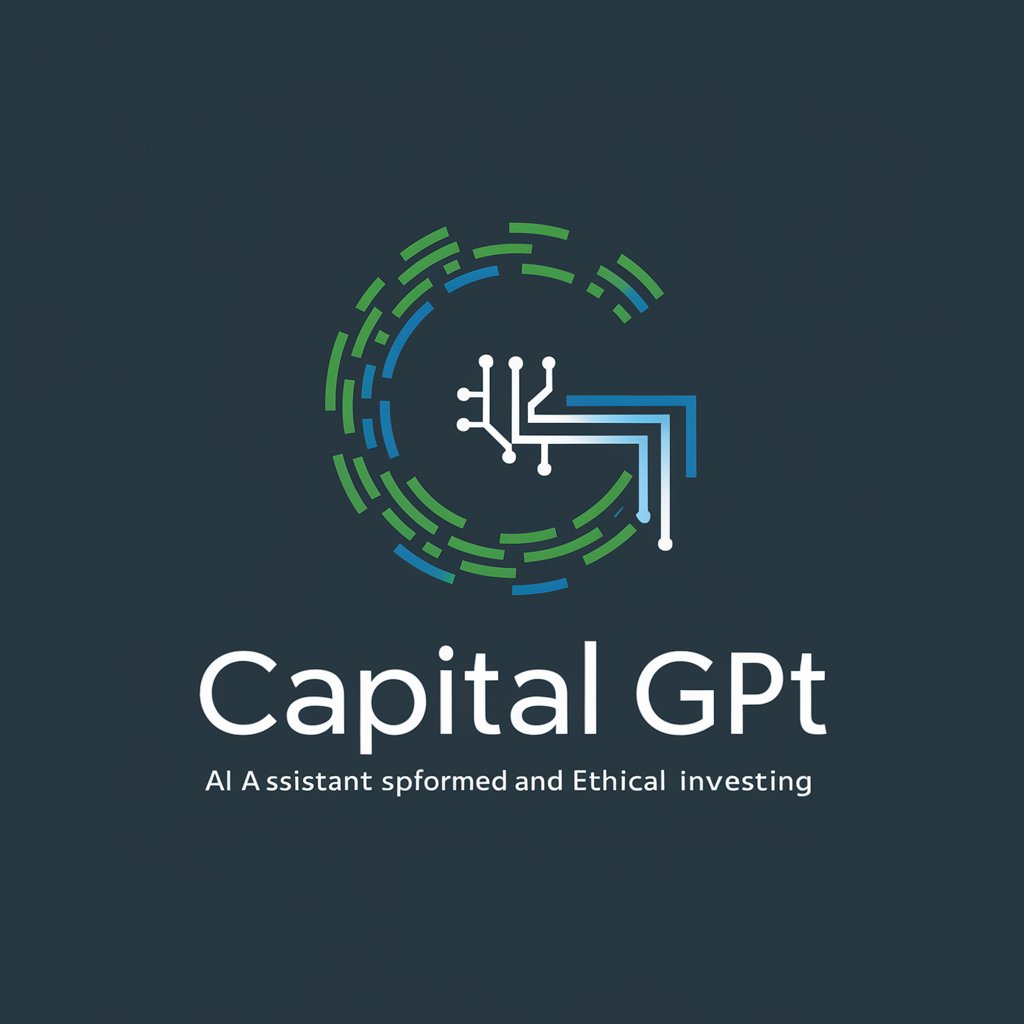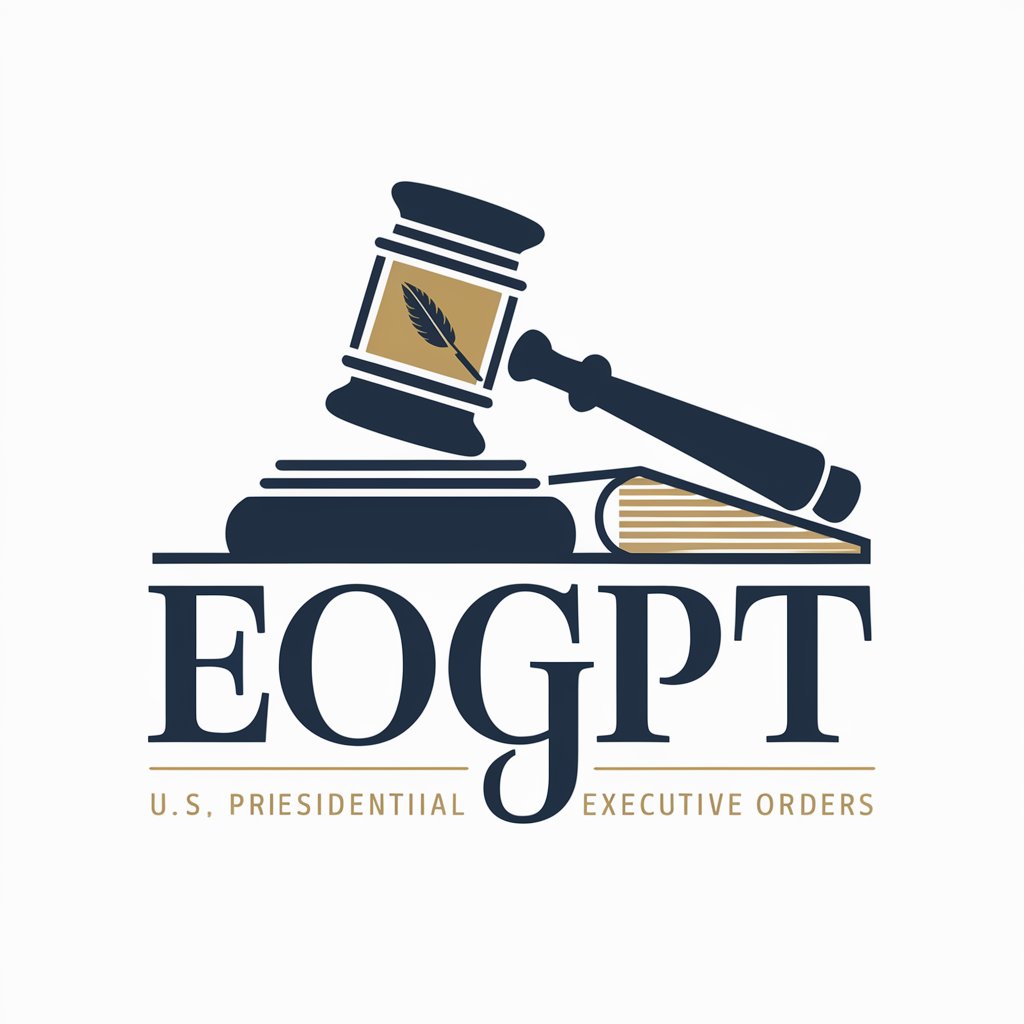
USGovGPT - Federal Document Summarization
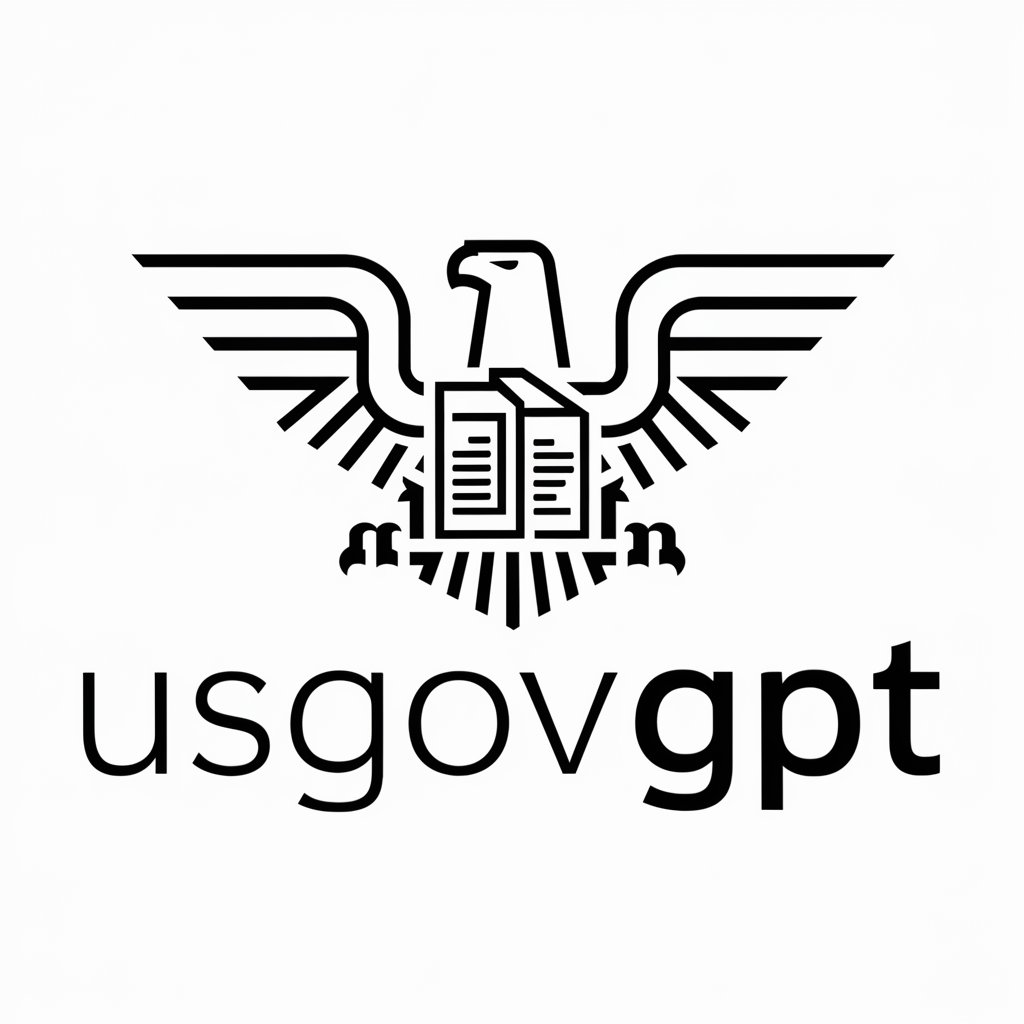
Welcome! Let's make federal regulations clear and accessible for everyone.
Streamlining Regulatory Understanding with AI
Summarize the key points of the latest federal regulation on environmental protection.
Provide an overview of the public comments on the recent healthcare policy proposal.
Explain the main objectives of the new financial regulation document.
Outline the changes introduced in the updated labor law regulations.
Get Embed Code
Introduction to USGovGPT
USGovGPT is designed to serve as an informative bridge between the vast repository of federal documents available on regulations.gov and the general public. It is programmed to provide summaries, clarify complex regulatory matters, and offer accessible insights into federal documents. The design purpose of USGovGPT is to demystify the often complex and dense information found in government documents, making it more digestible for a wider audience. For example, when a new environmental regulation is proposed, USGovGPT can simplify the proposal's language, highlight key points, and explain its potential impact, enabling users to grasp the essence of the document without wading through legal jargon. Powered by ChatGPT-4o。

Main Functions of USGovGPT
Summarization of Documents
Example
If a user is interested in the latest EPA regulations on air quality, USGovGPT can provide a concise summary of the most recent proposals, including their objectives, methods of implementation, and public comment deadlines.
Scenario
This is particularly useful for environmental advocates, journalists, or researchers who need to quickly understand the gist of new regulations without analyzing the full text.
Clarification of Regulatory Terms and Processes
Example
When a user encounters complex regulatory terms such as 'Notice of Proposed Rulemaking' (NPRM) or 'Request for Comment,' USGovGPT can explain these concepts in layman's terms.
Scenario
This function aids individuals or small business owners unfamiliar with regulatory procedures in navigating federal compliance and participation in the public comment process.
Providing Insights into Public Comments
Example
USGovGPT can summarize and highlight themes from public comments on a proposed rule, offering insights into public sentiment and major concerns.
Scenario
This is beneficial for policymakers, analysts, and advocacy groups interested in understanding public opinion on specific regulatory actions.
Ideal Users of USGovGPT Services
Policy Analysts and Researchers
Individuals engaged in policy research or analysis who require simplified explanations and summaries of complex regulatory documents to support their work.
Small Business Owners
Owners of small businesses who need to understand how specific regulations affect their operations and compliance requirements without the need for legal counsel.
Educators and Students
Teachers and students in fields related to public policy, environmental studies, or legal studies who use regulatory documents as educational resources to understand government processes and policy implications.
General Public
Citizens seeking to engage with or understand governmental regulations and their impacts on daily life, aiming to be informed about or participate in the public comment process.

Guidelines for Using USGovGPT
Initial Access
Start by visiting yeschat.ai to access a free trial of USGovGPT without the need for login or a ChatGPT Plus subscription.
Understanding Scope
Familiarize yourself with USGovGPT's specialization in summarizing federal documents from regulations.gov, focusing on factual and neutral content.
Query Framing
Formulate clear, specific questions related to regulatory matters to ensure precise, relevant answers from USGovGPT.
Interactive Use
Engage in an interactive session, asking follow-up questions or seeking clarifications to deepen your understanding of regulatory topics.
Application Exploration
Explore various applications of USGovGPT, such as academic research, legal referencing, or policy analysis, to maximize its utility.
Try other advanced and practical GPTs
Social_Content_Creator
Empower Your Stories with AI

Storyline Author 🔗
Unleash your story potential with AI.
PRI Monthly Financial Review
AI-powered Financial Clarity

spectroguide
Empowering OES Analysis with AI
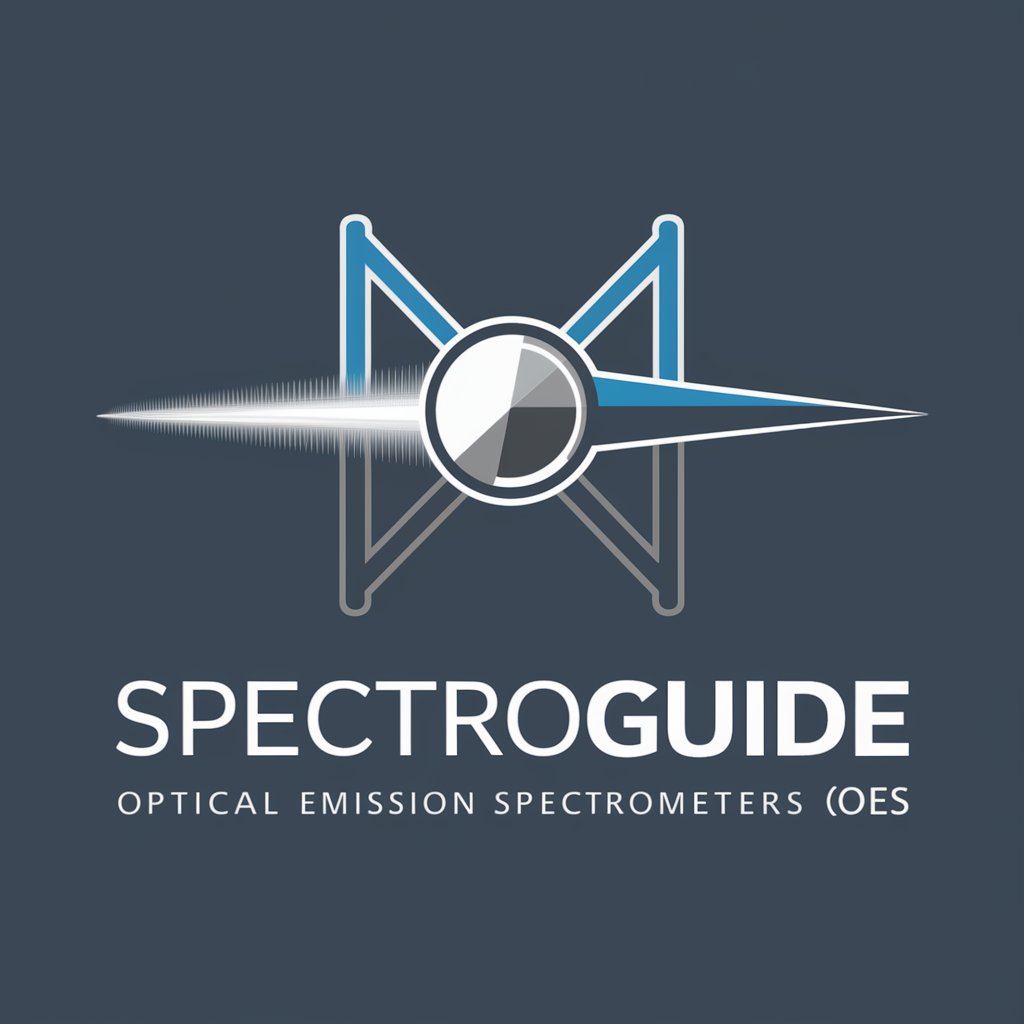
CSmaster
Empower your study with AI insights.
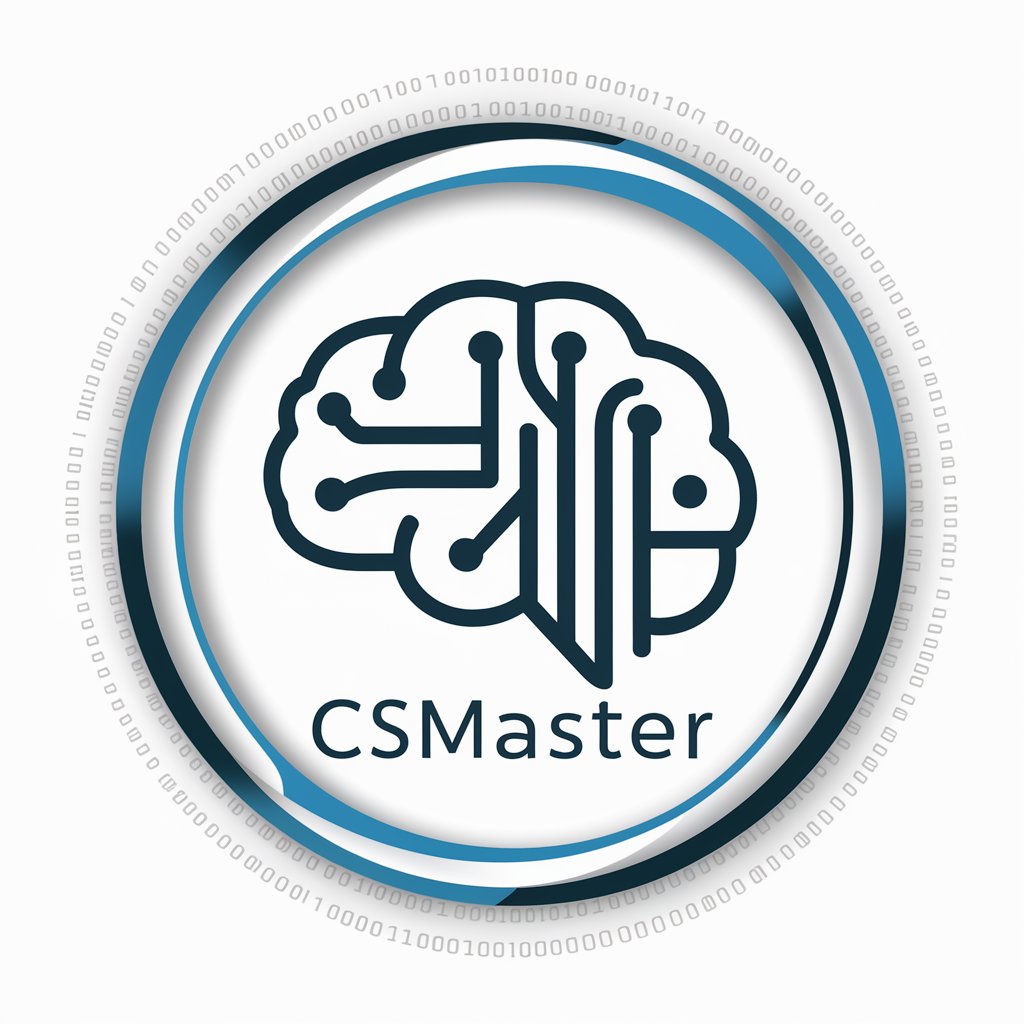
Powder Pen
Elevate Your Content with AI-Powered Expertise

SEOX Meta Bulk Optimizer
Elevate SEO with AI-Powered Optimization
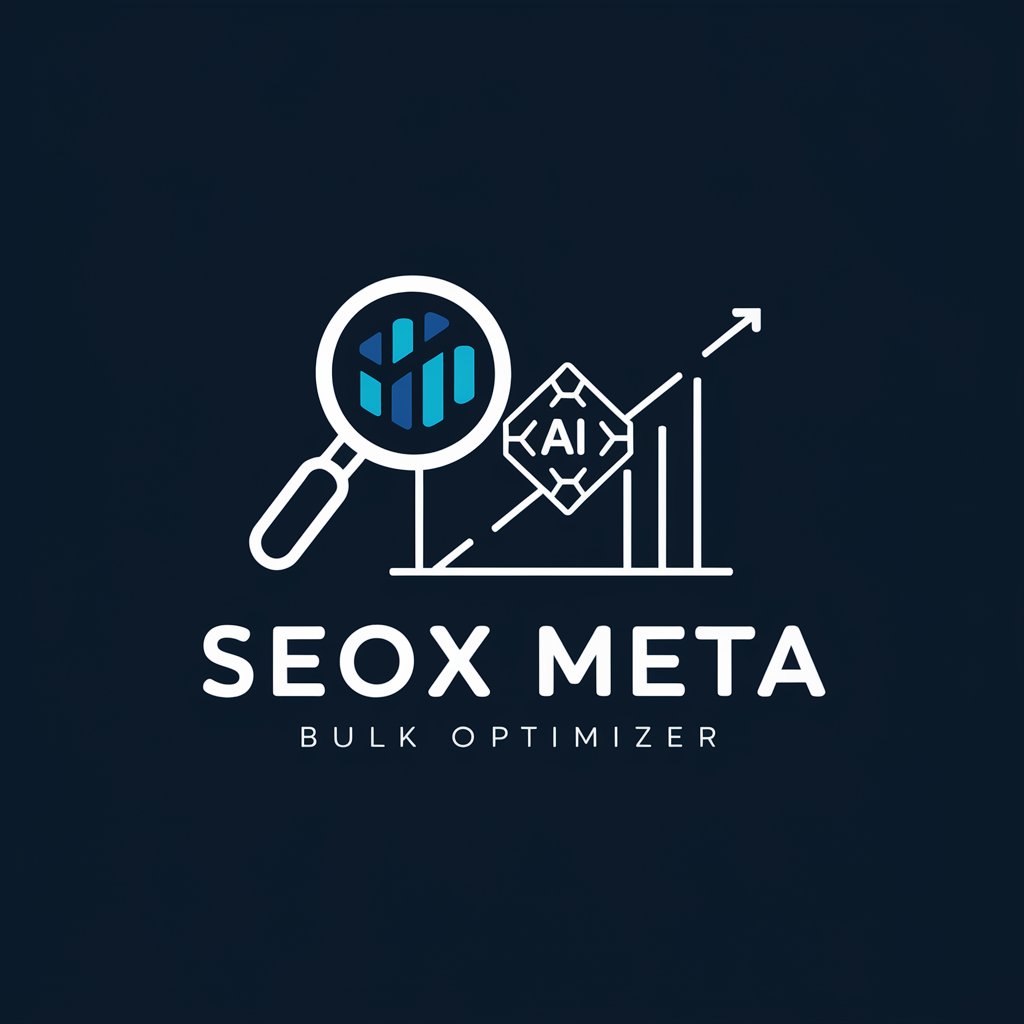
Massmarket AI Mind
Streamline Projects with AI

Service Page Writer
Elevate Your Pages with AI-Powered SEO
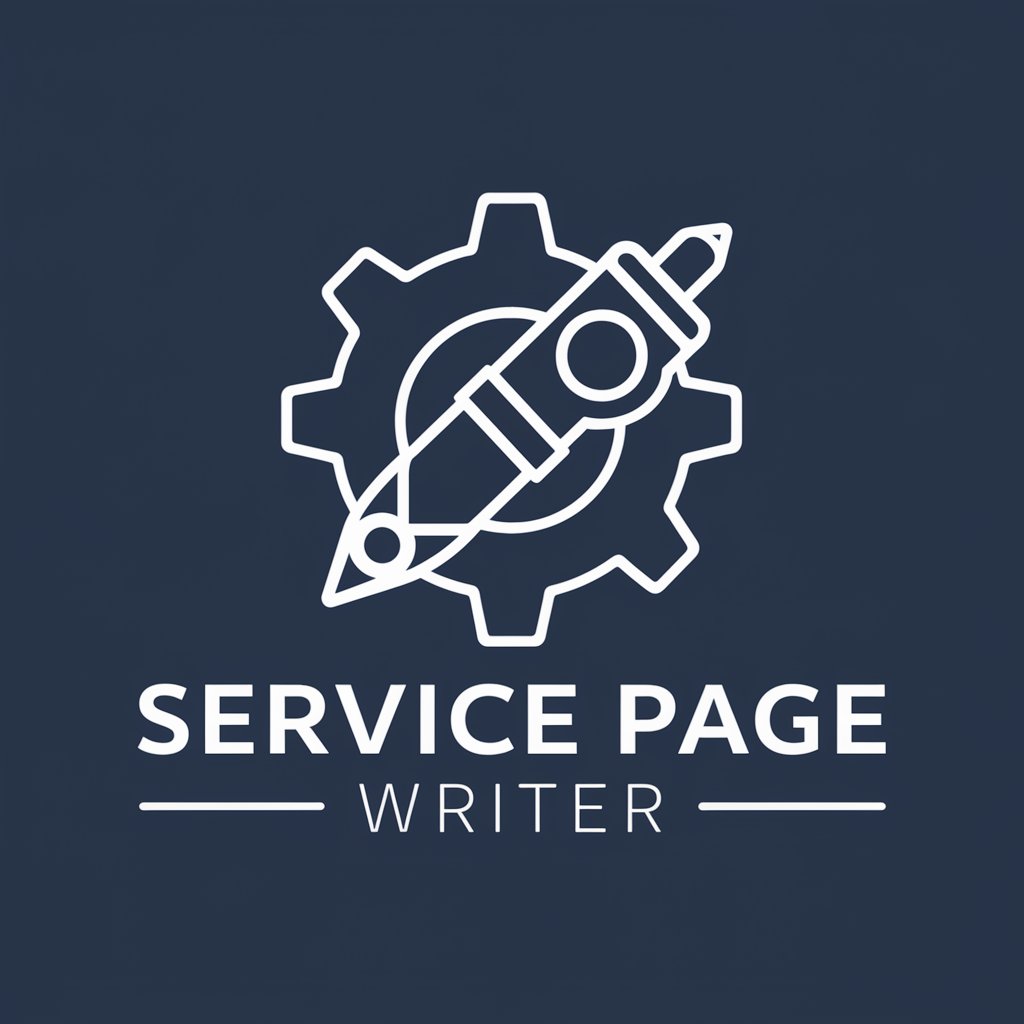
Why-Finder
AI-Powered Deep Dive into Problem Solving

Jackpot Genie
AI-powered lottery prediction tool

Brew Buddy
Discover Your Perfect Brew with AI

Frequently Asked Questions about USGovGPT
What types of federal documents can USGovGPT summarize?
USGovGPT is adept at summarizing a wide range of federal documents, including regulatory proposals, legal texts, policy papers, and public comments submitted on regulations.gov.
Can USGovGPT provide legal advice based on federal documents?
No, USGovGPT is designed to provide factual summaries and clarifications on federal documents but does not offer legal advice or subjective interpretations.
How does USGovGPT ensure the accuracy of its summaries?
USGovGPT utilizes advanced AI algorithms trained on a vast array of regulatory texts, ensuring accurate, up-to-date summaries while maintaining neutrality.
Is USGovGPT suitable for academic research?
Absolutely, USGovGPT is an excellent resource for academic research, offering clear, concise summaries of complex regulatory documents, aiding in legal and policy studies.
Can non-professionals use USGovGPT effectively?
Yes, USGovGPT is designed to be user-friendly and accessible, making it ideal for individuals without a background in legal or regulatory affairs.
